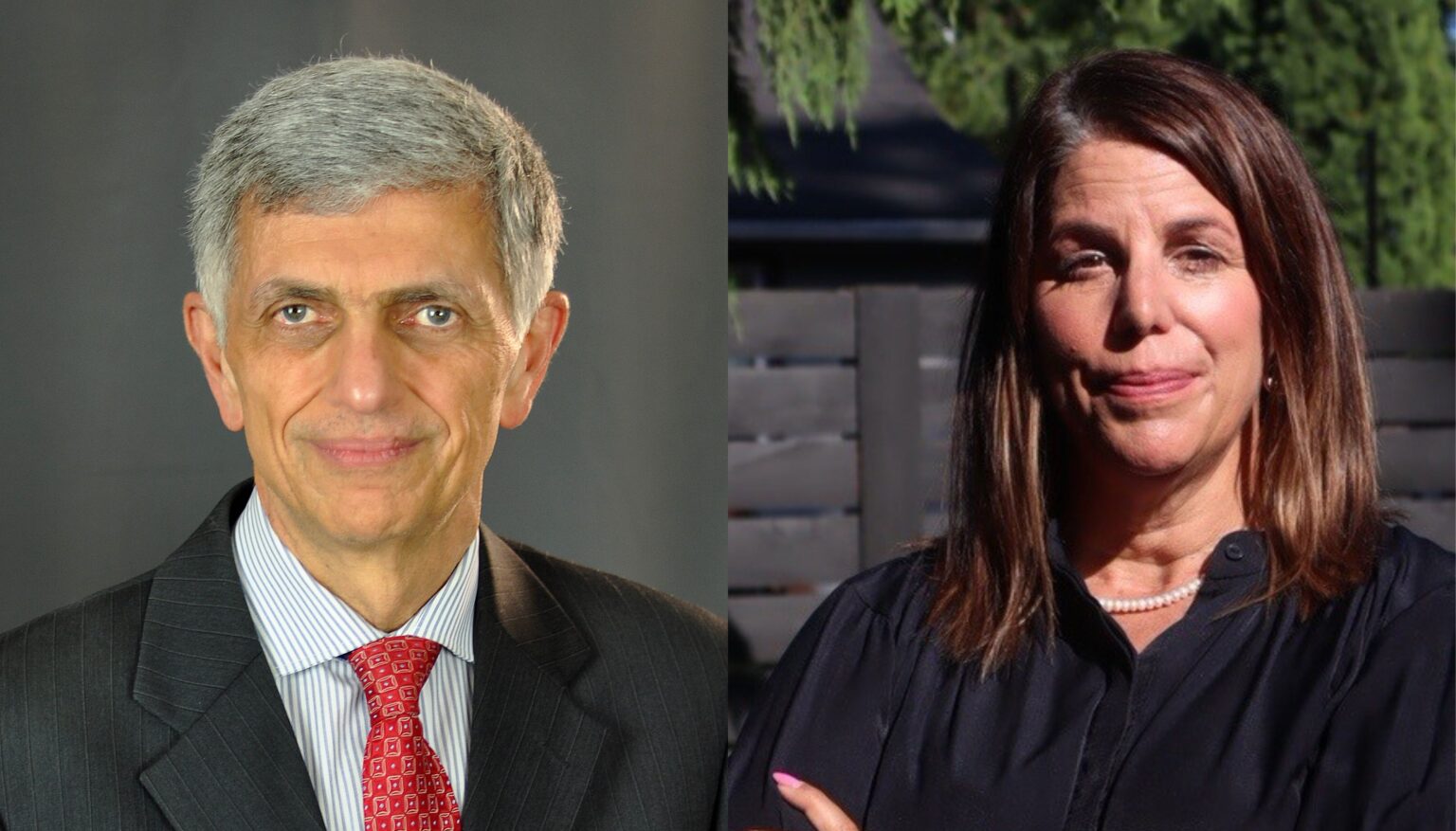Kotek campaign stop in Bend focuses on housing
Published 7:45 am Friday, March 4, 2022

- Tina Kotek, center, tours the Stillwater Crossing Affordable Housing complex in March, 2022 in Bend.
BEND – While touring what soon will become the city’s largest affordable housing complex, gubernatorial candidate and former House Speaker Tina Kotek saw potential for the rest of the state.
“If Bend can do it, other places can do it,” Kotek said.
Trending
On Thursday, the Portland Democrat made her first stop in a two-day campaign tour through Central Oregon at Stillwater Crossing, a 240-unit affordable housing complex currently being built in south Bend off U.S. Highway 97.
The first 24 units have been completed and leased out, and cost roughly $1,100 a month, depending on the unit, according to Justin Metcalf of Wishcamper Development Partners.
Kotek, 55, said her time in Central Oregon will be spent mostly listening to residents and civic leaders about the region’s affordable housing shortage.
The Portland Democrat was chosen House speaker in 2013 and held the gavel for the longest tenure in state history. She resigned her post and seat in January to focus on the May 17 Democratic primary for governor.
As of Thursday, 33 candidates had filed to run for governor in the primaries. Democrats in the race besides Kotek include Treasurer Tobias Read of Salem. Patrick Starnes of Wilsonville, the Independent Party candidate for governor in 2018 is running again – as a Democrat. Former New York Times columnist Nicholas Kristof was ruled ineligible because of state residency requirements.
A crowded Republican field includes former House Minority Leader Christine Drazan of Canby, 2016 GOP governor nominee Bud Pierce of Salem, 1998 GOP nominee Bill Sizemore of Redmond, Baker City Mayor Kerry McQuisten, and Sandy Mayor Stan Pulliam.
Trending
Former Sen. Betsy Johnson, D-Scappoose, is running as an unaffiliated candidate who would appear on the November ballot.
In an interview with The Bulletin, Kotek said that if elected, she would work with the Legislature to give local communities the resources they need to speed the building of affordable housing. She said she would also like to streamline the development process to make quicker and more efficient,
Kotek said ideas include using land owned by the Oregon Department of Transportation that would be more rapidly available for new housing construction. She said the state could be more involved in putting in sewer lines, water pipes and other infrastructure in more undeveloped areas — such as southeast Bend – as a way to spur development
Reducing “upfront costs” of building homes was a key change to consider, Kotek said. She suggested allowing builders to delay pay system development charges until people are living in the housing instead of at the beginning of a project.
“I just think we need to put everything on the table to be creative and move barriers to do projects like (Stillwater Crossing),” Kotek said.
Communities get limited property taxes from existing properties, Kotek said. Oregon should invest money in the beginning of projects, which in turn would create more affordable housing the community needs and a new source of property tax revenue.
The acute lack of affordable housing is already felt in Bend and many other areas around the state. Projects take time to plan, fund and build before residents can move in.
“We just can’t wait. We can’t sit around for five years and say we have to do this,” Kotek said. “We have to do this every year for the next 10 years to get ahead of this.”
Kotek said she prefers to first exhaust all options for building within the urban growth boundary and targeted annexations. Updating the urban growth boundaries should be a faster process.
Kotek also toured the Second Street homeless shelter operated by Shepherd’s House Ministries on Thursday. Housing uncertainty is a major part of the problem, Kotek said.
“We need an emergency, urgent plan to get people stabilized,” she said. “It’s hard to get people into housing until they’re stable.”
Kotek said she wants to get resources to local communities who best understand the specifics of the situation in their cities. Making Medicaid funding to reimburse for services is an approach that has already started.
On Friday, Kotek was scheduled to hold a roundtable at Oregon State University-Cascades about child care and later tour the Central Oregon Veterans Village housing project.
Oregon Capital Bureau reporter Gary A. Warner contributed to this story




